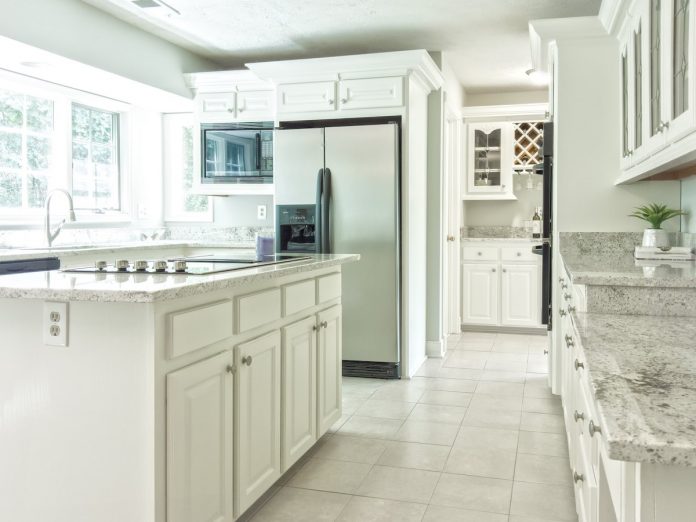Simple Steps in Repairing Your Household Appliances
It’s normal for appliances to break down after a long period of use. Of course, this situation might be stressful, but that doesn’t mean that it’s over for your appliance. If you decide to repair your appliances, here are some simple steps in repairing your household appliances instead of buying new ones right away, you can even save money.
But, to repair your appliances, you will need different tools and knowledge. So, if you don’t have previous experience with the repairs of electric or gas appliances, it’s best to leave it to a professional.
However, if you are keen to prolong the life of certain appliances, follow these steps.
1. Get ready
Most commonly, household appliances will fail because of electrical problems. To fix them, you’ll need the right tools. A multimeter, for instance, is required to confirm that the problem is indeed electrical since it can quickly identify which wires are not functioning correctly and which are.
Furthermore, you will need a toolbox full of everything you might need during the repair process. A screwdriver or a hammer might not be sufficient for more complicated repairs. So, make sure you procure a few tools, such as pliers, rubber mallets, tape measures, and a utility saw. You will also need lock washer sets to help you reduce the loosening of screws and bolts from their mating assembly.
If you are using machinery or tools that could potentially cause damage to your health, it is smart to wear protective equipment such as hearing protectors or safety goggles.
2. Look at the obvious
Before you decide that the appliance is beyond repair, make sure to check for minor problems like not having power or properly setting up the appliance. You can use a multimeter to determine if there is a problem with the power supply or if the appliance isn’t powered at all. If the appliance is making a clicking noise, check it out.
A loose bolt could be the cause of the sound. Besides being annoying, loose bolts can damage your appliance to a point beyond repair. To avoid this, you can use lock washers and tighten every bolt on your appliance.
Nowadays, smart appliances display error codes. After you find the error code, you can either consult the store you bought the appliance from or contact a licensed handyman.
Sometimes, the problem could be elsewhere. Before you focus on one appliance, be sure to check your main service panel and switchboard.
3. Safety first
To ensure that no one is hurt during repairs, it is essential to disconnect the appliance from the main power supply. Make sure you check out the appliance’s manual because the solution to your problem might be listed there.

4. Appliance problems can be fixed easily
Most common problems can be fixed quickly, and you won’t need a handyman. These are the most common problems with appliances and how to fix them.
-
Air Conditioning Fix
AC filters can often be the cause of AC problems. Filters can get very dirty and prevent your AC from functioning properly. Filters should be replaced every two to three months, even if there’s not a lot of dust in the area where you reside.
To do this, turn off the AC unit first. After that, remove the filter from the vents and replace it with a new one. Close the vent gate and enjoy the benefits of a cleaned air-conditioner.
-
Fridge that leaks
The most common cause of a fridge leaking is a clogged drain. You can fix this by unplugging your freezer and taking out all the food. After you do that, use a stiff wire to remove the ice from the drain hole. Then, use warm water to fill the basin and dissolve the ice.
- Washing Machine Fix
If your machine doesn’t work, check its manual. Broken directional cogs, also known as agitator dogs, might be the cause of an agitator’s inability to function properly.
Washing machines that are not draining often have debris and torn fabric that block the pump. So, you can check there for starters and clean your washing machine if needed.
To make sure your machine cleans your laundry properly, load it with fewer clothes. This will give you a greater ratio of water to clothing. Furthermore, you can use less detergent to avoid lint and particles being deposited on your clothes.
Final thoughts
Learning a few simple steps in repairing your household appliances, even if you decide to fix them yourself. However, it’s best to hire a professional if you have questions or don’t know how to fix a problem. Broken home appliances can cause serious damage, so make sure you keep regular maintenance to avoid issues later on.


